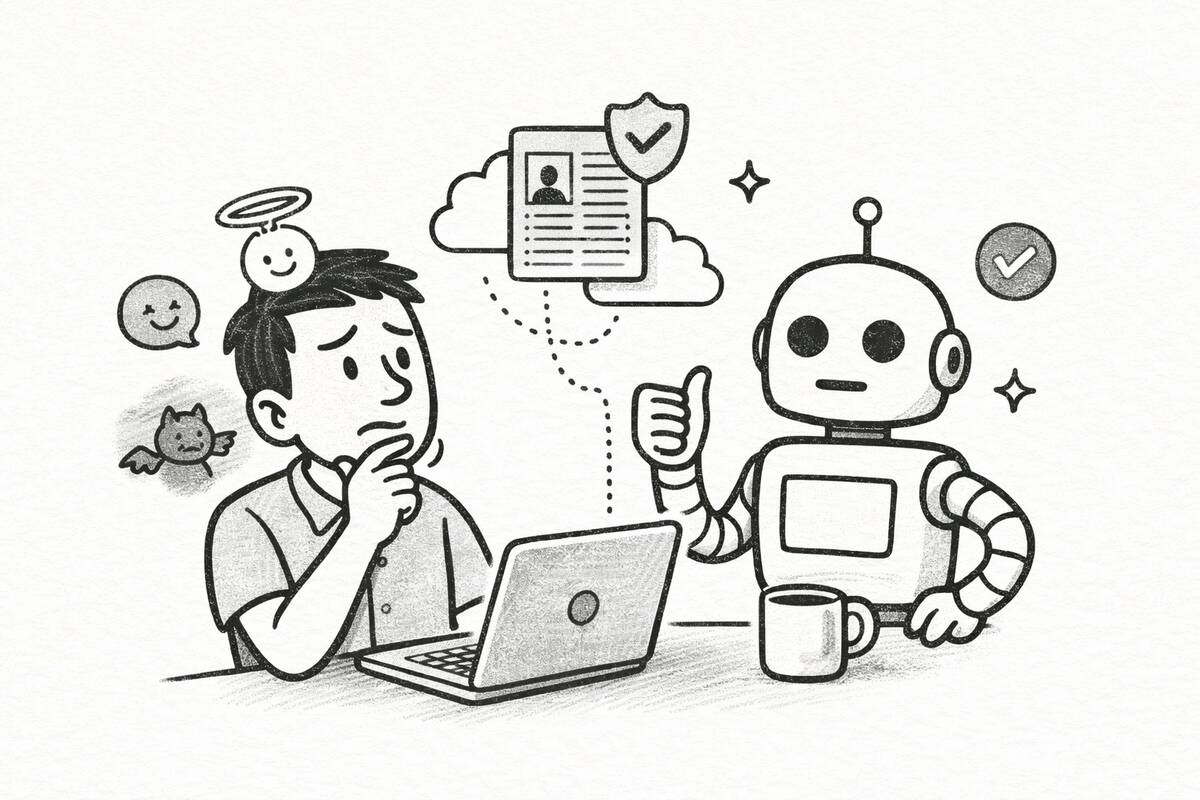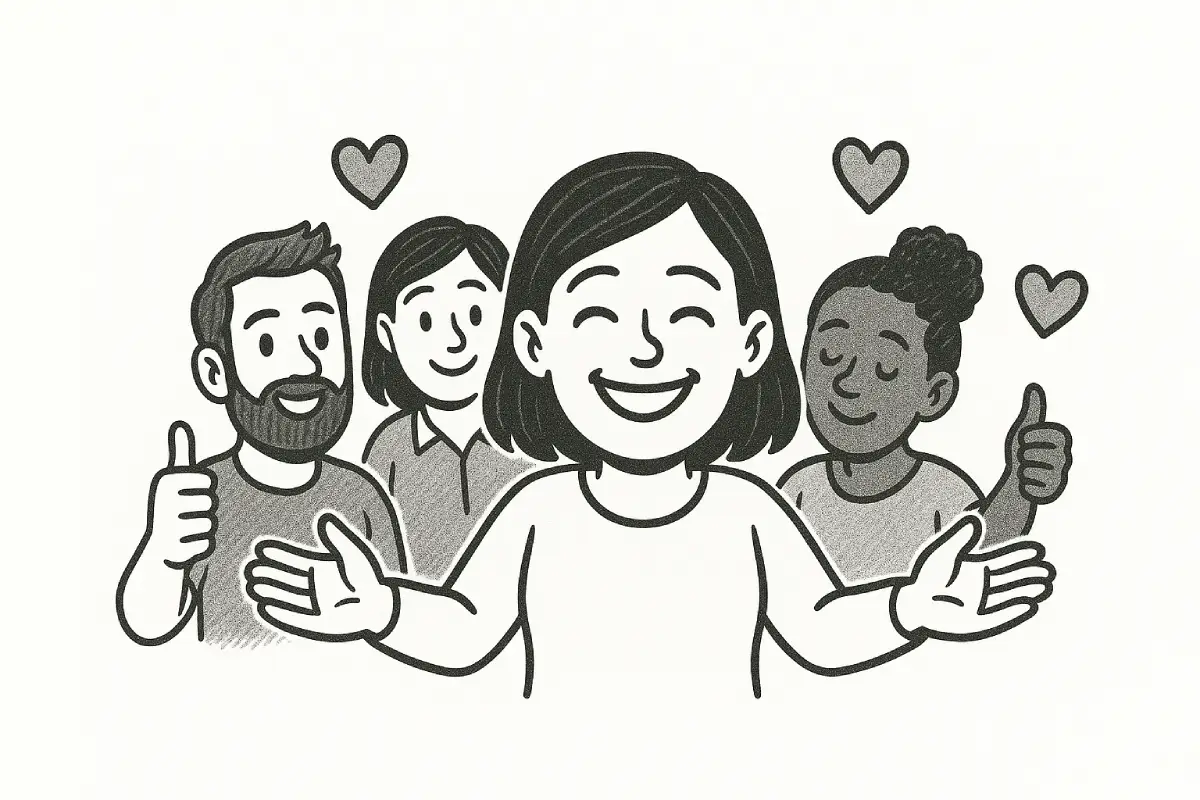There’s a quiet revolution happening in the workforce. It’s not about unions or strikes, but about a generation that is fundamentally rethinking what a “job” should be. Generation Z—the cohort born between the mid-1990s and the early 2010s—is entering the workforce and leaving traditional roles at a rate that has many companies scrambling to understand why.
This isn’t just youthful restlessness. It’s a profound shift in values, expectations, and priorities. Gen Z isn’t just “job-hopping”; they are questioning the very foundation of the 9-to-5, office-centric career path that previous generations saw as the standard route to success.
So, what’s really going on? Why is this generation so quick to say “I quit”?
Let’s break down the core reasons behind this massive trend.
The Search for Flexibility Isn’t a Perk; It’s a Requirement
For Gen Z, the pandemic wasn’t just a temporary disruption; it was a formative experience. They saw firsthand that remote and hybrid work models were not only possible but, in many cases, more productive. The idea of being chained to a desk from 9 to 5, five days a week, feels archaic and unnecessary.
They value autonomy over their time and location. They want to be trusted to get their work done, whether that’s from a home office, a coffee shop, or a different time zone. A job that demands a rigid, in-person schedule for work that could easily be done remotely is seen as a sign that the company is out of touch.
This isn’t about wanting to work less; it’s about wanting to work differently. Flexibility is a non-negotiable starting point, not a benefit to be earned after years of service.
Purpose Over Paycheck
While salary is still important, it’s rarely the top priority for Gen Z. This generation wants to work for companies that align with their personal values. They are looking for purpose and impact in their work.
They want to know:
- What is this company’s mission?
- Does it have a positive impact on society and the environment?
- Is the work I’m doing meaningful?
A job that offers a high salary but feels soulless or contributes to problems in the world is a hard sell. Gen Z has grown up with instant access to information and is highly aware of global issues like climate change, social inequality, and mental health. They are not willing to check their values at the door when they clock in.
Mental Health Is Not an Afterthought
Gen Z is the most open and vocal generation when it comes to mental health. They grew up in a world where conversations about anxiety, depression, and burnout are becoming normalized. As a result, they have little tolerance for toxic work environments.
“Hustle culture”—the idea of working grueling hours and sacrificing well-being for the sake of the company—is seen as a massive red flag. They are quick to recognize and reject workplaces that are high-stress, unsupportive, or that blur the lines between work and life.
They expect employers to actively support their mental well-being through things like flexible hours, mental health days, access to therapy, and managers who are trained to lead with empathy. A job that damages their mental health is simply not worth it.
The “Side Hustle” Is the New Career Path
Unlike previous generations who saw a single, linear career path, Gen Z sees a portfolio of opportunities. They grew up with the internet, social media, and the creator economy. They know it’s possible to build a brand, monetize a hobby, and create multiple streams of income online.
The traditional job is often seen as just one component of their professional life, not the entirety of it. Many are simultaneously freelance writers, social media managers, Etsy sellers, or Twitch streamers.
This entrepreneurial mindset means they are less dependent on a single employer. If a traditional job becomes too restrictive or unfulfilling, they have the skills and the confidence to leave and focus on their own ventures. The safety net is no longer the corporation; it’s their own diverse skill set.
They Demand Growth and Development
Gen Z is used to a world of constant learning and instant feedback. They don’t want to wait a year for a formal performance review. They want continuous feedback, mentorship, and clear opportunities for growth.
A job where they feel stagnant or where there is no clear path for advancement is a dead end. If a company isn’t investing in their skills and development, they know they can find another company—or an online course—that will. They are not content to just do the same task for years on end; they want to be constantly evolving.
What This Means for the Future of Work
The trend of Gen Z quitting traditional jobs isn’t a problem to be solved; it’s a signal to be understood. This generation isn’t lazy or entitled. They are rational actors in a world that looks very different from the one their parents entered.
They are demanding a more human-centric approach to work—one that values flexibility, purpose, well-being, and growth. Companies that refuse to adapt will continue to face a revolving door of talent.
But the companies that listen—the ones that build flexible, purpose-driven, and supportive cultures—will not only attract the best of this generation but will also be building the template for the future of work itself.
You might also like: How to Use AI Tools Ethically in Your Job Search









